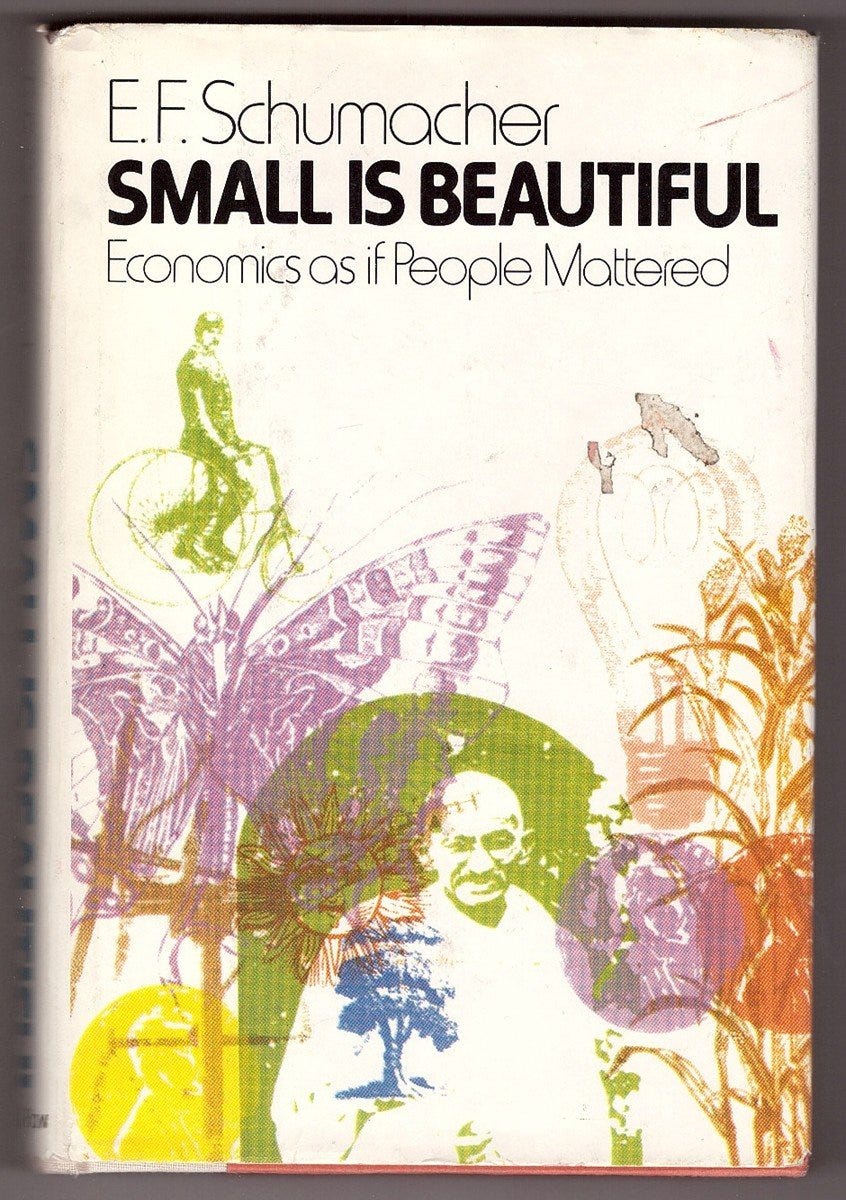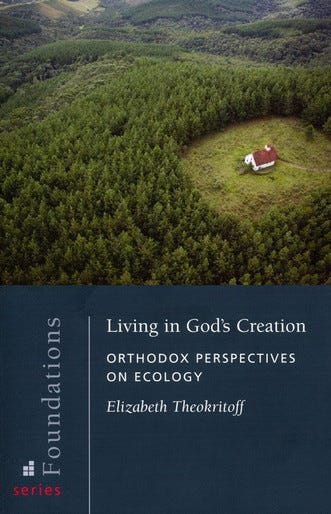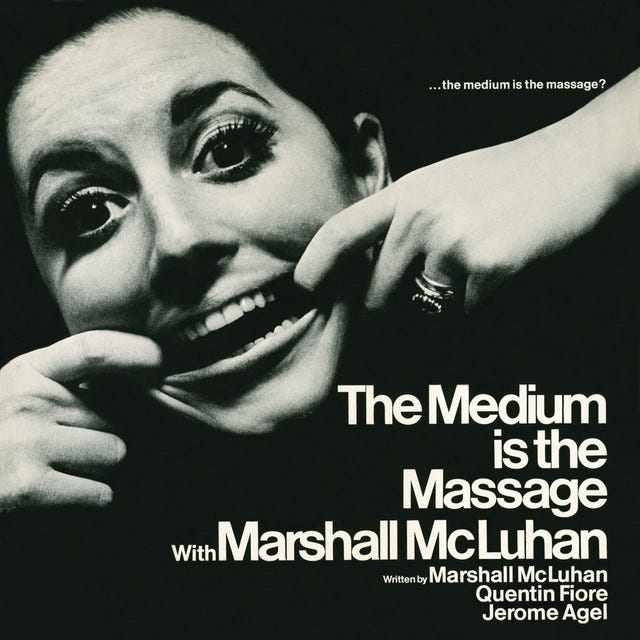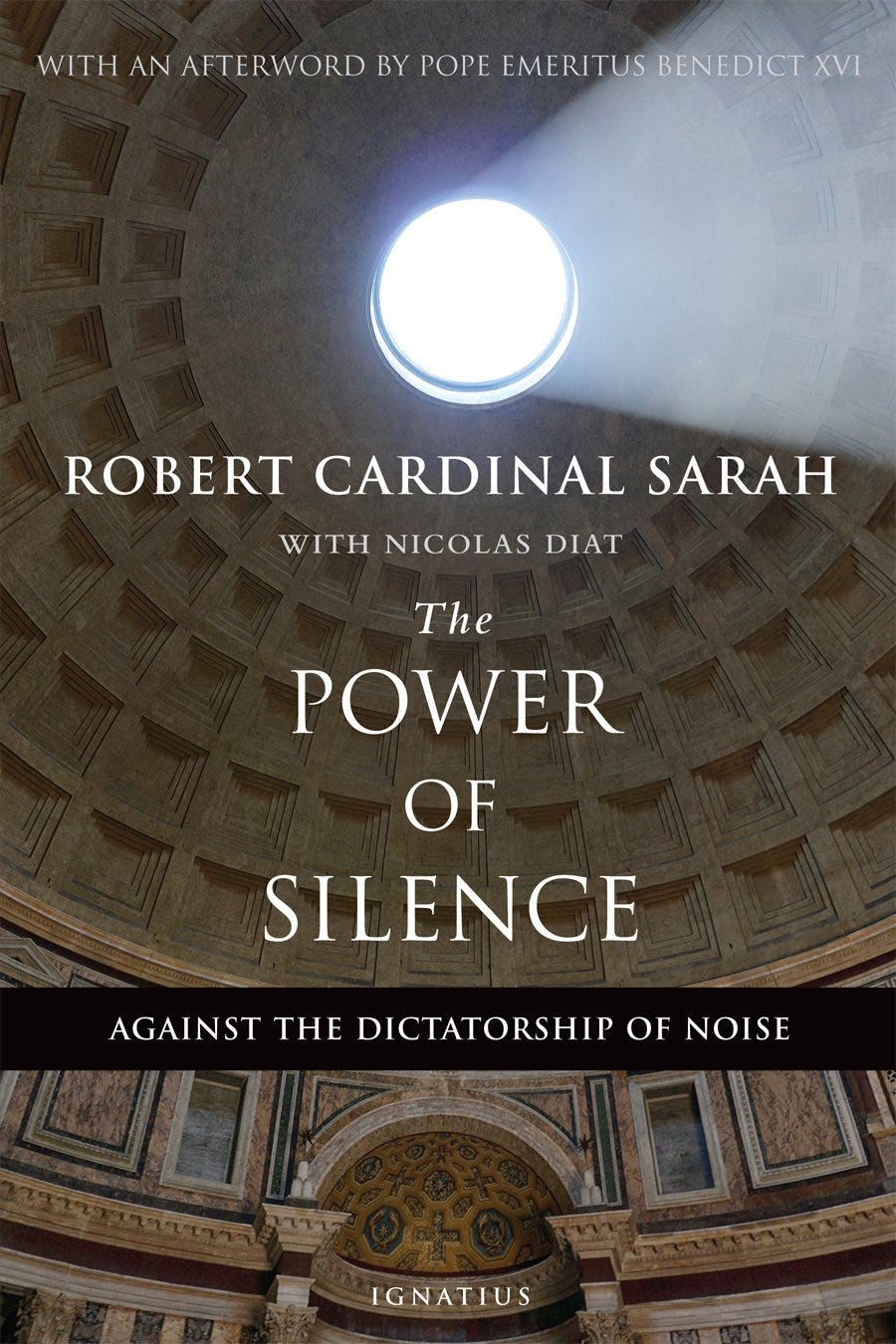A Reading List
Some material on the intersection between Faith & Tech
Sometimes, this blog feels like it’s breaking ground, but it’s really not. It’s not even planting seeds. All I’m doing is watering them. There’s a lot of great books already on the topics I’m discussing, but often written to address specific problems, or as is often the case, beat them to a pulp. They’re wonderful.
I’ll try to keep this list up to date as time goes on (LAST UPDATE: 26-OCT-2023). If you know me in person, ask, and if I have the copy, I’ll lend it!
Small is Beautiful by E.F. Schumacher
Small is Beautiful is a book about economics that isn’t tainted by overanalysis, and goes back to the fundamental questions about what Economics - Household Management - is. Schumacher is a Catholic, despite that:
…one of the most frequently cited chapters, “Buddhist Economics,” almost made it appear as if he were deeply involved in Eastern religions. But wasn’t this chapter, I inquired, really more informed by the Catholic writings and thinkers he mentioned so frequently elsewhere in the book—the papal encyclicals, Newman, Gilson and, above all, Thomas Aquinas? Schumacher grinned. “Of course. But if I had called the chapter ‘Christian Economics,’ nobody would have paid any attention!”
Schumacher’s other works, “Good Work” and “A Guide for the Perplexed” are also great reads.
Tools for Conviviality by Ivan Illich
Illich was a strange and heterodox Catholic Priest, who saw the damage that machinery on an institutionalized scale was doing.
In Tools, he writes:
[e]lite professional groups ... have come to exert a 'radical monopoly' on such basic human activities as health, agriculture, home-building, and learning, leading to a 'war on subsistence' that robs peasant societies of their vital skills and know-how. The result of much economic development is very often not human flourishing but 'modernized poverty', dependency, and an out-of-control system in which the humans become worn-down mechanical parts.
The Right to Useful Unemployment is a book as provoking as the title itself is (useful… unemployment? the idea runs counter to everything we know in modernity).
Marc Barnes of New Polity also enjoys much of Illich’s work - and I want to read more.
A Number of Papal Encyclicals
If you’re not familiar with the Church’s economic teachings, you should be. These Encyclicals will help you learn. They’re more accessible than you realize (at least, I think so).
Rerum Novarum by Pope Leo XIII - on Capital and Labor; this is the landmark document about the church’s stance on capital, ownership, communism, capitalism, and economics in general. Why ownership is so important - why we are justified in it.
Quadragesimo Anno by Pope Pius XI - “Forty Years Later” (sequel to RN)
Centessimus Annus by Pope John Paul II - “The Hundredth Year” (another sequel to RN)
Laborem Exercens by Pope John Paul II - on Human Work
The Cathedral and the Bazaar by Eric S. Raymond
What would this little book about software development have to say about technology at large? So much. And it’s more profound because it comes from lived experience.
An excerpt:
Just as importantly, I inherited popclient’s user base. Users are wonderful things to have, and not just because they demonstrate that you’re serving a need, that you’ve done something right. Properly cultivated, they can become co-developers.
Another strength of the Unix tradition, one that Linux pushes to a happy extreme, is that a lot of users are hackers too. Because source code is available, they can be effective hackers. This can be tremendously useful for shortening debugging time. Given a bit of encouragement, your users will diagnose problems, suggest fixes, and help improve the code far more quickly than you could unaided.
6. Treating your users as co-developers is your least-hassle route to rapid code improvement and effective debugging.
The power of this effect is easy to underestimate. In fact, pretty well all of us in the open-source world drastically underestimated how well it would scale up with number of users and against system complexity, until Linus Torvalds showed us differently.
Living in God’s Creation: Orthodox Perspectives on Ecology
What a beautiful work - regarding what it means to be a created being yet still in dominion over Creation.
The Abolition of Man by C.S. Lewis
This short book is actually foundational to my faith for so many reasons. The first two chapters are excellent, but the third and final, is particularly relevant to technology.
Each generation exercises power over its successors: and each, in so far as it modifies the environment bequeathed to it and rebels against tradition, resists and limits the power of its predecessors. […] [i]f any one age really attains, by eugenics and scientific education, the power to make its descendants what it pleases, all men who live after it are the patients of that power. They are weaker, not stronger: for though we may have put wonderful machines in their hands we have pre-ordained how they are to use them. […] The last men, far from being the heirs of power, will be of all men most subject to the dead hand of the great planners and conditioners and will themselves exercise least power upon the future.
The Medium is the Massage by Marshall McLuhan
The title of this short book is a bit of a typo: McLuhan had submitted it to the publishers as The Medium is the Message, but upon recieving it back, he loved the title so much, he kept it. According to McLuhan’s website:
Why is the title of the book The Medium is the Massage and not The Medium is the Message? The title is a mistake. After the book came back from the typesetter's, it had on the cover 'Massage'. The title was supposed to read The Medium is the Message, but the typesetter made an error. After McLuhan saw the typo, he exclaimed, 'Leave it alone! It's great, and right on target!' Now there are four readings for the last word of the title, all of them accurate: Message and Mess Age, Massage and Mass Age.
This is a book about how the ‘how’ is as important, or more, than the ‘what’. That delivery matters more than content.
On the topic of media noise…
The Power of Silence by Robert Cardinal Sarah
It would be unfitting to say much about this book. An excerpt:
Silence is more important than any other human work, for it expresses God. The true revolution comes from silence; it leads us toward God and others so as to place ourselves humbly and generously at their service.
Shop Class as Soulcraft &
Why We Drive by Matthew Crawford
Matthew Crawford may not have a Christian perspective here, but he has a philosophical one worth considering - a philosophy shaped by years of working on motorcycles. Both of these are excellent reads - the former an advocation of the skilled trades, the latter a defense of humans driving, against both the anti-car crowd and the pro-autonomous-car crowd.
Liturgy of the Ordinary by Tish Harrison Warren
This book is a full-frontal assault on the modern manifestations of the gnostic heresy. This is a book about how our daily lives are actually important, and imbued with God’s presence. About how He is present in all places and filling all things - and that even though some are called to live extreme lives that are obvious worship of God, not all of us are, and yet we still can be constantly worshipping God in our daily interactions. This should have great rammifications for how we use technology.
Other Blogs/Podcasts/Publications
Paul Kingsnorth.
Go read articles by this post-environmentalist. There’s so much good experience and testimony.
New Polity
These guys are just… on-point on everything. They see the state we are in, and they see the truth and peace of Christ anyways.
Full Stack Theology
Some fellow guys doing similar work as we are here - but with a computer focus.
Other works I am aware of but have not read yet:
Medieval Technology and Social Change by Lynn White Jr
Anti-Computing: Dissent and the Machine by Caroline Bassett










And I forgot to add "The Machine in the Garden", Leo Marx
as well as "Alone Together" by Sherry Turkle
Consider adding "The Demon-Haunted World" by Carl Sagan